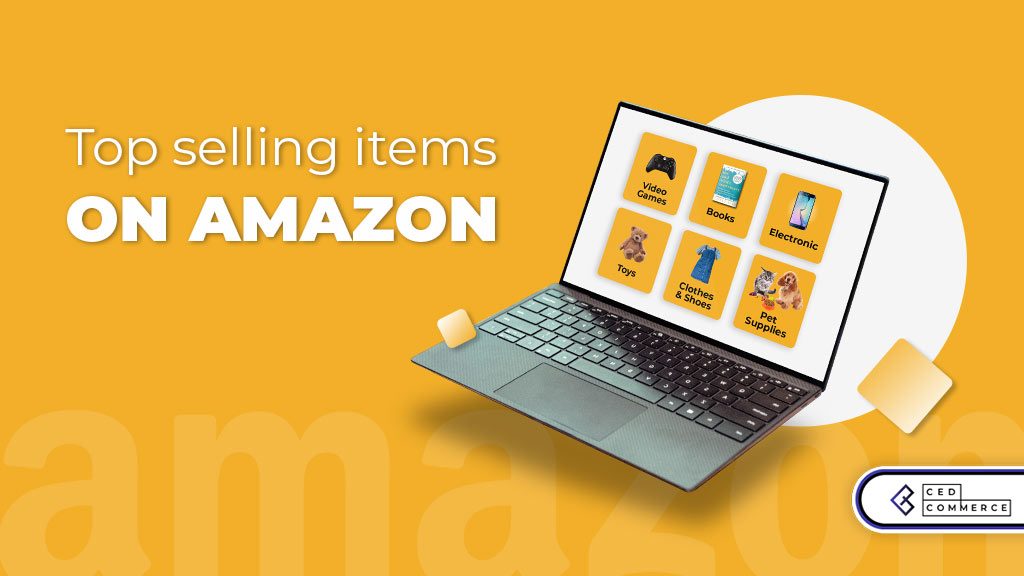What is a business plan?
A business plan is a document that outlines a company’s strategy and the steps necessary to achieve it. It should include information on the business’s objectives, market analysis, financial projections, and operational plan. A good business plan also addresses such issues as marketing strategy, customer base, infrastructure requirements, and human resources.
There are many different types of business plans, but most follow a similar structure. The first section describes the company’s industry and its competitive environment. This information is essential for determining which products or services to offer and how to price them. The second section deals with the company’s financial situation and its prospects for growth. Third, the plan spells out how resources will be allocated to reach milestones set by the business goals. Fourth, detailed descriptions of the company’s operations are provided. Finally, a conclusion summarizes the key points raised in the plan.
There are many different ways to create a business plan. One popular approach is to use a template or software program that helps you organize your thoughts and input data into specific tabs or fields. Many online resources provide free templates that can be customized to meet your specific needs.
How to Start a Business
Before you begin your journey to starting your own business, there are a few things you need to know. This guide will walk you through the process of getting started and helping you get the most out of your new venture.
1. Determine what you want to do
There is no one-size-fits-all answer to this question, as the best way to start a business depends on your individual interests and goals. However, some important things to consider include:
-What sort of business can you start from home?
-What is your main product or service?
-What market do you want to target?
-How much money are you willing to invest?
Once you have an idea of what you want to do, it’s time to start researching your options. There are plenty of resources available online, such as Forbes and Entrepreneur, as well as many books on the subject. Speaking with family, friends, or professionals who can offer helpful advice can also be beneficial.
2. Organize your ideas and resources
Once you have a good understanding of what you want to do and where to find information on starting a business, it’s time to organize your ideas into
Preparing your business for launch
When you’re ready to launch your business, there are a few things you need to do. First, you’ll want to create a business plan. This document will outline your business goals, strategies, and how you plan on achieving them. Next, you’ll need to create a website. This is your online home and the first place customers will see your company. Finally, you’ll need to create a marketing strategy. This will include everything from creating ads to building relationships with key customers.
There are many resources available to help you get started with your business. Start by consulting your local chamber of commerce or search online for tips and advice. Once you have a solid plan in place, get started by putting together the necessary materials and setting up your website!
Marketing and advertising your business
1. Marketing and advertising your business is essential to attracting customers and keeping them interested in what you have to offer. There are a variety of different marketing methods available to businesses, and the most effective approach will vary depending on the type of business and its target market.
2. One of the most common ways to market a business is through advertising. This can be done through newspapers, magazines, online resources, or even billboards and bus stops. It is important to choose an effective medium that will reach your target market and motivate them to purchase your product or service.
3. Another way to market a business is through public relations. This involves creating a good relationship with key media outlets, such as journalists, bloggers, or radio personalities. This can help spread the word about your business and help build trust with potential customers.
4. Last but not least, marketing can also be done through word-of-mouth promotion. This means promoting your business by telling friends and family about it, and potentially getting them involved in some form of promotion or sales activity. It’s important to make sure that any promotional activity you do is consistent with your brand and message, so that customers know what to expect from you when they
Keeping your business running smoothly
1.Keep your business organized
Create a system for tracking expenses, revenue, and other important business information. This will help you stay on top of your finances and make informed decisions about investments and expansion.
2.Be proactive with marketing
Make sure you are constantly marketing your business to potential customers. This can include online media, social media, and targeted advertising.
3.Set clear goals and deadlines
Develop specific targets for revenue growth, customer base size, or other benchmarks that you want to achieve in order to keep your business on track. Holding yourself accountable will help keep you focused and motivated.
4.Stay vigilant with technology
Keep up with the latest trends in technology so you can keep your business running smoothly. This includes software applications, website design, and more.
Conclusion
It can be tough standing out in a saturated market, but with hard work and the right strategy, starting your own business can be a rewarding experience. In this article, we’ll provide you with some tips on how to get started, including advice on what type of business to choose, how to market your product or service, and more. So don’t wait any longer — start planning your journey into entrepreneurship today!













Leave a Reply